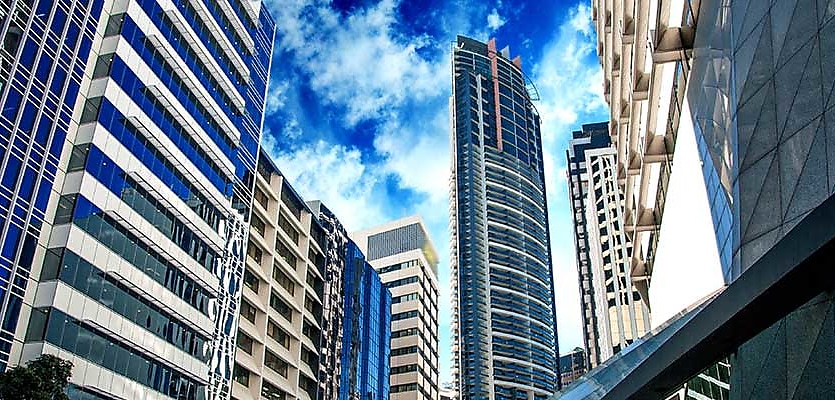Historically low interest rates have dramatically increased demand across the commercial property market, with industrial assets leading the charge.
Raine & Horne’s Commercial Insights report for Q2 2021 has revealed that a growing number of businesses, particularly small and medium enterprises, are investing in their own premises rather than opting to rent, as low rates make properties more affordable.
“Industrial property is experiencing skyrocketing demand, while the office space market is adjusting to the ‘new normal’ of flexible work arrangements,” according to the report.
With demand from investors lifting competition, vacancy rates are seeing a corresponding drop — which is nearing zero in some areas — particularly across southwest Sydney.
It’s coupled with a tightening supply, which Raine & Horne conceded is due to multiple former industrial assets having been converted into residential properties, while the pipeline for new industrial developments remains sparse.
“This is creating a significant undersupply of listed properties, which is driving commercial values higher and tightening vacancy rates in many areas,” the report summarised.
Outside of Sydney, Raine & Horne said regional markets have also been witnessing a surge in demand, driven largely by affordability, low levels of COVID and interest from interstate investors.
As the “strongest-performing asset class in recent history”, Raine & Horne is confident in the future growth of industrial assets, with yields expected to lift above 4 per cent.
Office market adapts to ‘new normal’
Office spaces have also reported a rebound as more businesses opt for flexible work arrangements that include telecommuting.
Regional locations, in particular, are rapidly returning to normal market conditions as the return of “solid tenants” influences the sale of commercial land and office complexes.
“We are seeing the ideal blend of conditions in the commercial property market right now,” Raine & Horne Group chairman Angus Raine said.
“Interest rates are at historic lows, the economy is rebounding sharply, and investors — including self-managed super funds — are seeking assets with the potential to deliver stable yields and steady, long-term capital growth.
“It all adds up to make commercial property very attractive, and in the current market, industrial assets are the jewel in the crown.”
Looking ahead, Mr Raine said the key challenge for the commercial market is likely to be the shortage of listed stock.
“This makes now the ideal time to sell a commercial property for those investors seeking alternative opportunities,” the chairman concluded.

Never miss a beat with
Stay across what’s happening in the Australian commercial property market by signing up to receive industry-specific news and policy alerts, agency updates, and insights from reb.
Subscribe to reb Commercial:









You are not authorised to post comments.
Comments will undergo moderation before they get published.